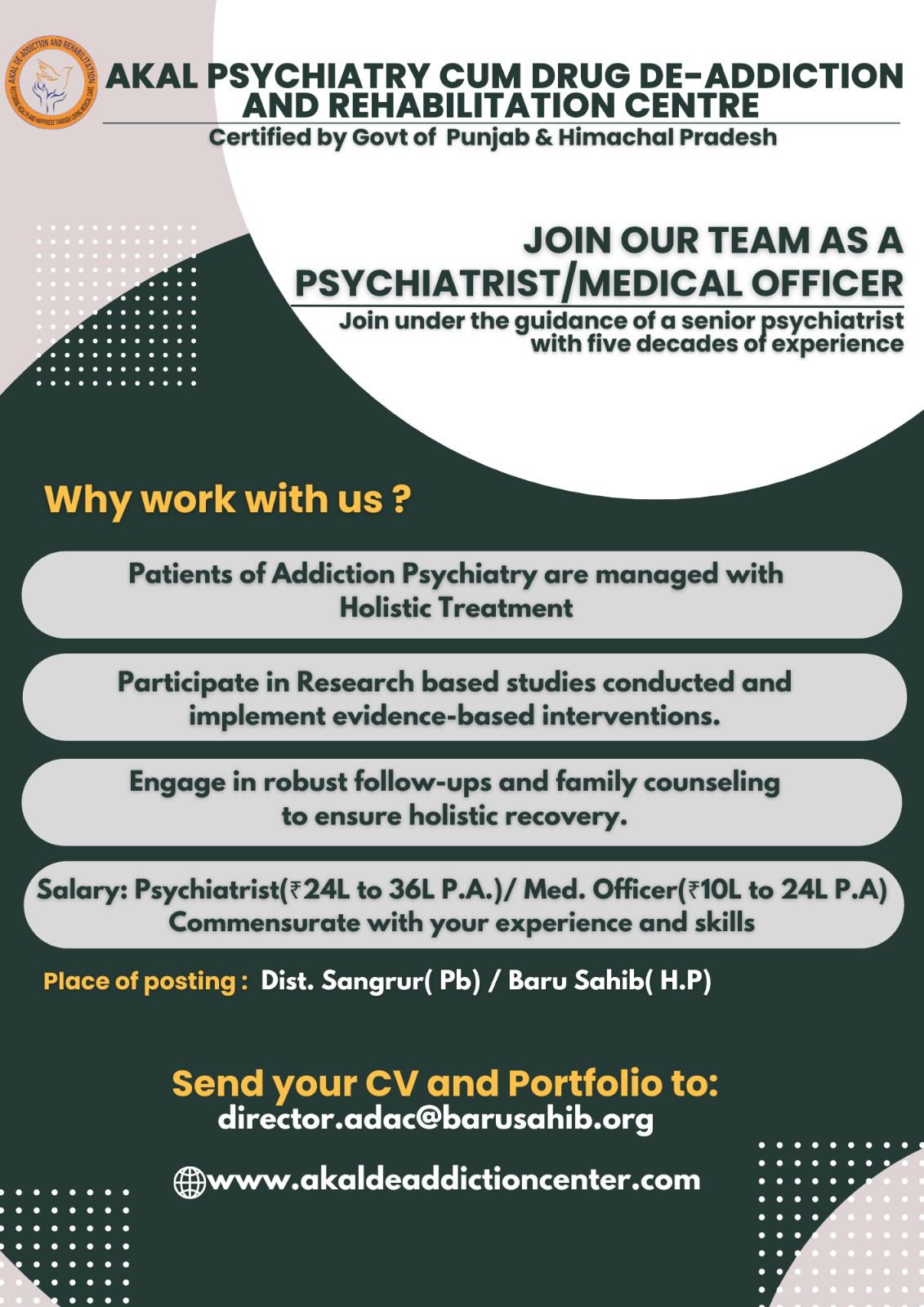
Menopause, a natural transition in a woman’s life, is often associated with physical changes like hot flashes and night sweats. But beyond these visible symptoms lies a complex interplay between hormonal shifts and mental health. Understanding this link is crucial for women navigating this transformative stage and for those supporting them.
The Hormonal Rollercoaster
Estrogen and progesterone, the key female hormones, undergo a dramatic decline during menopause. This hormonal fluctuation can impact the production of neurotransmitters, the brain’s chemical messengers responsible for mood, sleep, and overall well-being. This change can lead to a range of mental health challenges, including:
• Mood swings and irritability: Estrogen fluctuations can lead to sudden shifts in mood, feelings of anxiety, and increased irritability.
• Depression and anxiety: Studies suggest a higher prevalence of depression and anxiety during perimenopause and menopause. This may be linked to hormonal changes and other factors like life stressors.
• Sleep disturbances: The drop in estrogen can disrupt sleep patterns, leading to insomnia, fatigue, and daytime drowsiness.
• Brain fog and cognitive decline: Some women experience difficulty concentrating, forgetfulness, and reduced cognitive function during this time.
Breaking the Silence
Despite the prevalence of mental health challenges during menopause, many women remain silent. They may attribute these changes to the natural aging process or feel embarrassed to seek help. This silence can exacerbate existing symptoms and hinder their quality of life.
Empowering Change
The good news is that there are ways to manage the impact of menopause on mental health:
• Healthy lifestyle: Maintaining a balanced diet, regular exercise, and adequate sleep can significantly improve well-being and mood regulation.
• Mindfulness and relaxation techniques: Practices like meditation, yoga, and deep breathing can help manage stress and promote relaxation, reducing anxiety and improving mood.
• Hormone replacement therapy: In some cases, hormone replacement therapy can be beneficial in mitigating mood swings and other symptoms. However, it’s crucial to discuss this option with a healthcare professional.
• Social support: Building a strong support network of friends, family, and support groups can provide emotional support and guidance during this transition.
• Seeking professional help: Don’t hesitate to seek professional help from a therapist or counsellor who can provide specialised support and treatment for mental health challenges during menopause.
Beyond the Physical
Menopause is more than just a physical transition. It’s a time of emotional and mental change, too. Recognizing the link between hormonal fluctuations and mental health is crucial for women to navigate this crossroad confidently and seek support when needed. Remember, you’re not alone in this journey. By taking care of your mental well-being alongside your physical health, you can embrace menopause as a positive chapter in your life.


